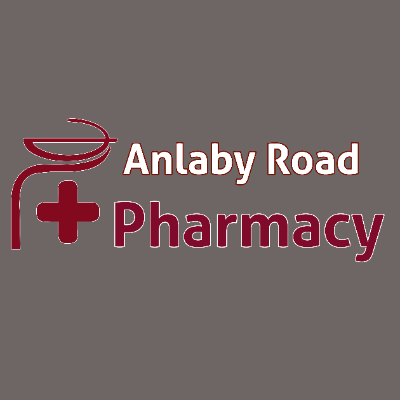
Most brain aneurysms are small and do not cause symptoms. They're often found during a test for another condition.
If you have a larger aneurysm, you may get symptoms such as:
If a brain aneurysm bursts, it can cause a bleed on your brain called a subarachnoid haemorrhage.
The main symptom is a sudden, severe headache that's sometimes described as a "thunderclap headache".
You or someone else suddenly get:
Do not drive yourself to A&E.
The person you speak to at 999 will give you advice about what to do.
You can call 111 or get help from 111 online.
Treatment is not usually needed for small brain aneurysms that are not causing symptoms. This is because they often do not get bigger and have a low risk of bursting.
You may just need regular follow-up scans to check if it’s getting bigger.
If there’s a risk of the aneurysm bursting, or if it’s already burst, surgery will usually be needed.
The 2 main types of surgery are:
If possible, your surgeon will talk to you about the procedure they feel is most suitable for you and discuss any risks involved.
General anaesthetic is used for both surgical clipping and endovascular surgery, so you’ll be asleep and unable to feel any pain or discomfort during the procedure.
It's not always clear what causes brain aneurysms.
But things that increase your chances of getting a brain aneurysm include:
If you have a brain aneurysm there are some things you can do to reduce the risk of it getting bigger and bursting.
stop smoking if you smoke
keep your blood pressure at a healthy level – you can get your blood pressure checked at a pharmacy or GP surgery
make healthy lifestyle changes, such as eating a balanced diet, exercising regularly and losing weight if you’re overweight
do not drink too much alcohol
do not take illegal drugs
You may not be allowed to drive if you have a brain aneurysm. Your doctor will be able to advise you about whether it’s safe for you to drive and if you need to tell the DVLA.
Finding out you have a brain aneurysm can be scary and worrying.
As well as getting help and advice from your doctor, you may find it helpful to talk to other people with the condition, either at a local support group or online.
Information, help and support for anyone affected by brain injury.
Information and support for anyone affected by brain conditions, including brain aneurysm.